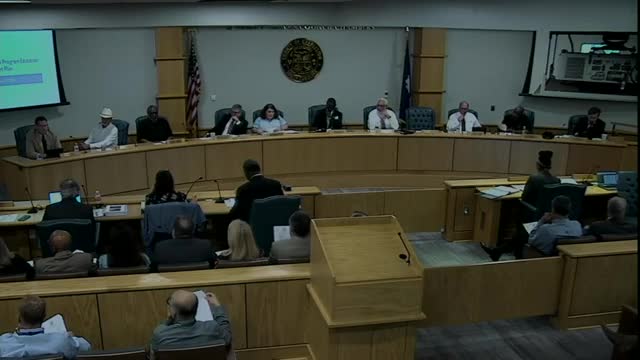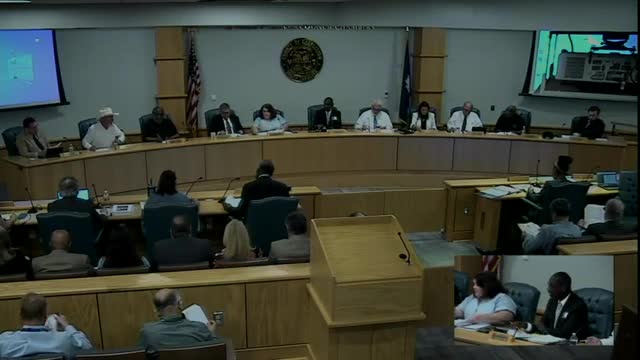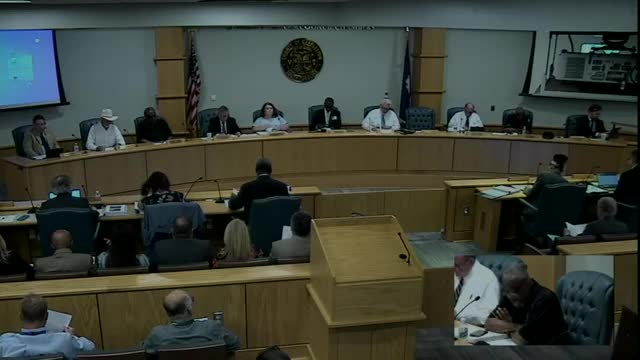Article not found
This article is no longer available. But don't worry—we've gathered other articles that discuss the same topic.

Charleston County Council authorizes negotiations for transportation sales tax education contract after heated debate

Council says talks continue with City of Charleston on Morrison Drive unsolicited bid; seeks timeline and parking revenue protections

